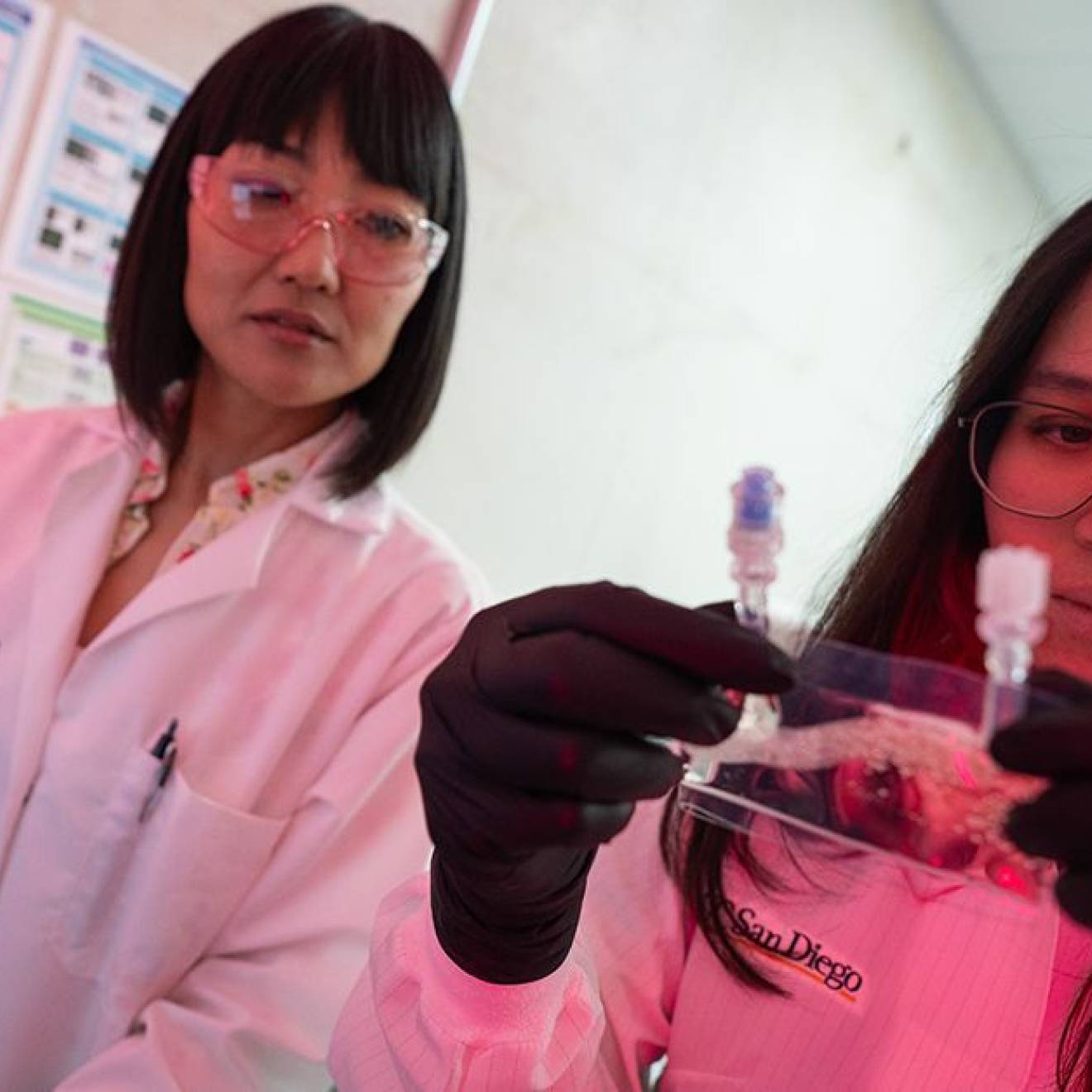UC Newsroom

The National Science Foundation has awarded $2.5M to the University of California for a program that is proving effective in diversifying the ranks of students majoring in science, technology, engineering and math (STEM) fields.
The California Alliance for Minority Participation, or CAMP, has worked across UC’s nine undergraduate campuses since 1991 to increase participation in STEM fields among undergraduate groups that have been historically underrepresented. The goal is to diversify the pipeline of students entering graduate school and the professoriate in those highly sought fields.
“More students earn advanced degrees at UC than at any other university in California, putting us in a prime position to help ensure that graduate students and faculty better reflect the diversity of our state,” said Yvette Gullatt, UC’s vice president for Graduate and Undergraduate Affairs and the vice provost for Equity, Diversity and Inclusion. “We are honored and grateful that the National Science Foundation recognizes the impact that UC’s CAMP program is having on that important goal.”
STEM enrollment for underrepresented students at UC has increased by 580 percent since CAMP launched in 1991, and the number of STEM degrees among underrepresented students increased by 960 percent, according to UC data. During that same period, total enrollment in STEM fields grew 84 percent at UC, demonstrating the remarkable impact of tailored outreach and thoughtful retention support provided to students in CAMP programs.
The $2.5M grant from the National Science Foundation will allow UC to continue those efforts, including offering summer research scholarships, GRE preparation courses, faculty mentorship and other successful practices.
The NSF funding comes as the University accelerates efforts to ensure that graduate school and the professoriate more closely resemble the diversity of California itself through its “Growing Our Own” initiative, which launched in 2021.
Through Growing Our Own, UC is developing mentors, teachers and a new generation of diverse faculty drawn from the talent within California’s own systems of public higher education, along with other institutions that have a history of attracting highly diverse student populations, such as California Community Colleges, Tribal Colleges and Universities, and Historically Black Colleges and Universities (HBCUs).
The Growing Our Own initiative has brought renewed momentum to other UC-wide initiatives that are tackling the goal of diversifying graduate school and the professoriate, including the Advancing Faculty Diversity initiative, which focuses on equitable faculty recruitment and hiring practices; the President’s Postdoctoral Fellowship Program (PPFP), which offers postdoctoral research fellowships to outstanding scholars in all fields whose research, teaching and service will contribute to diversity and equal opportunity at UC; and partnerships with Historically Black Colleges and Universities (HBCU) and California Hispanic-Serving Institutions (HSI) to diversify the graduate student population and professoriate pathways through research opportunities, academic mentoring and fellowships.
In 2022, UC also announced its systemwide participation in SEA Change, a program geared toward increasing the number of faculty in humanities and humanities-inflected social science.

